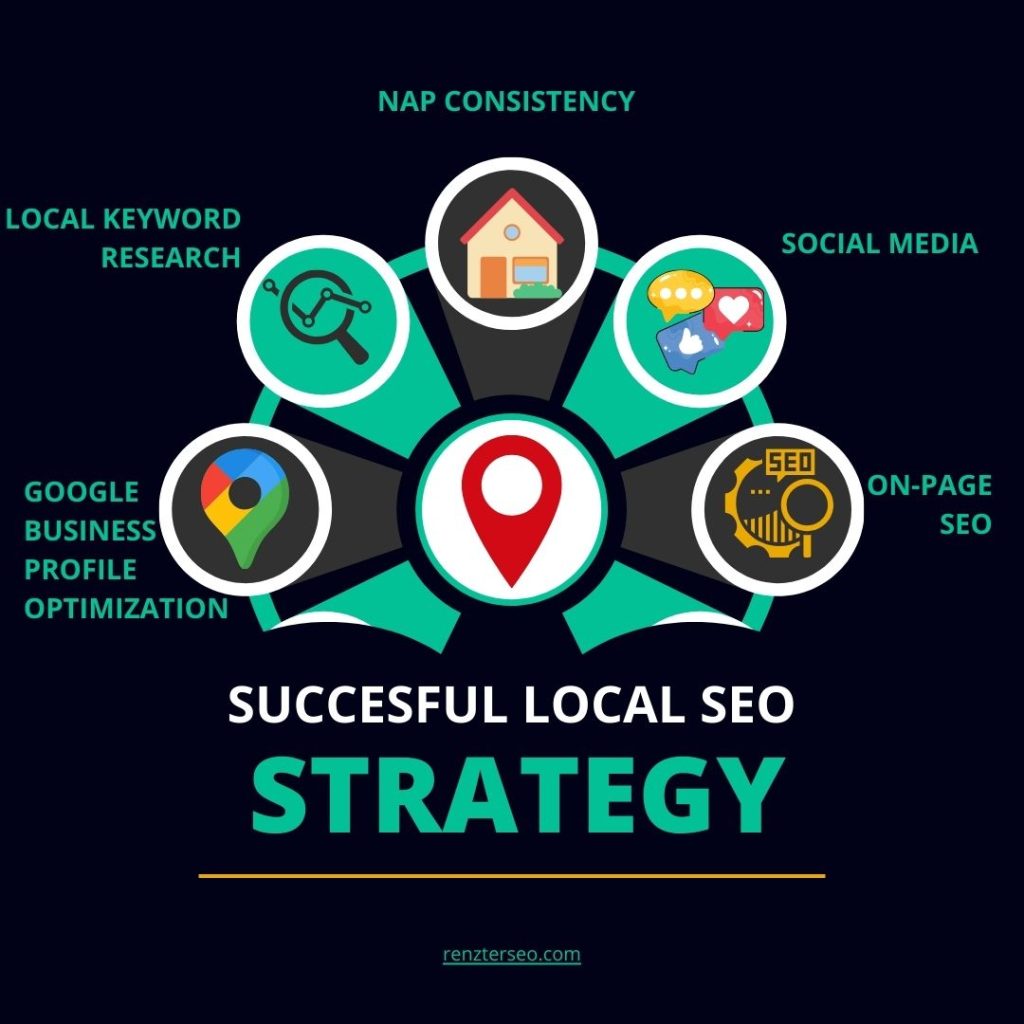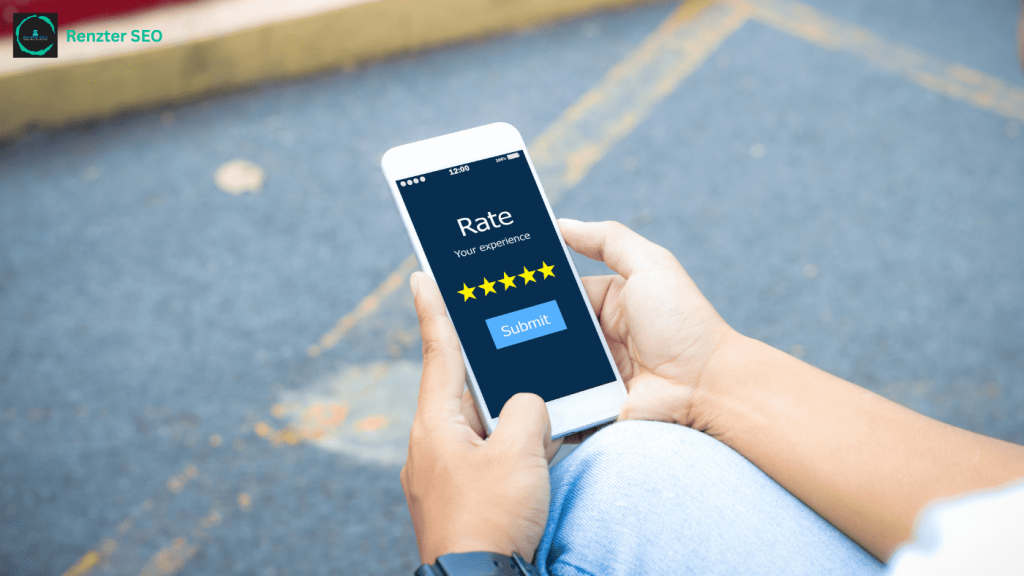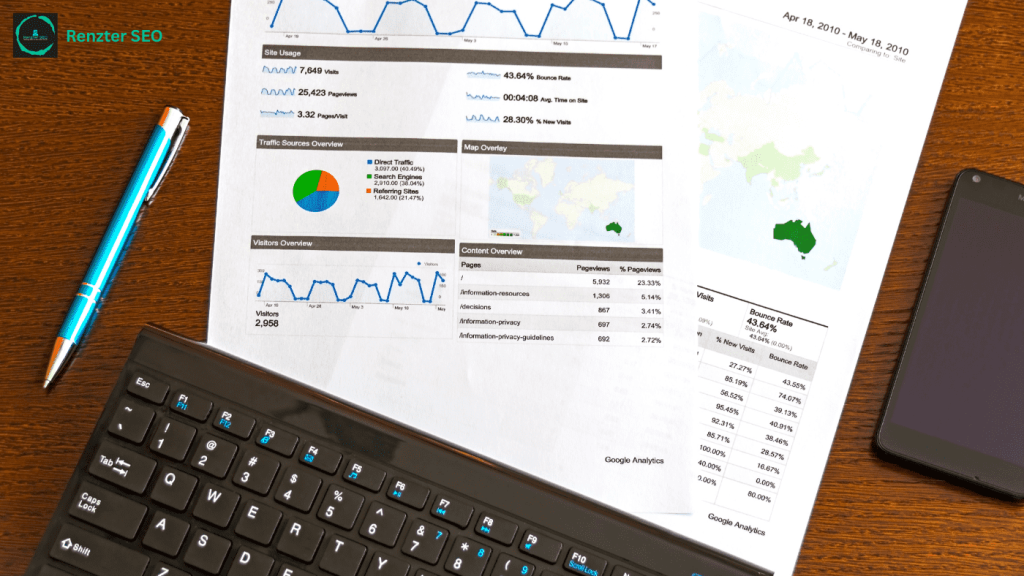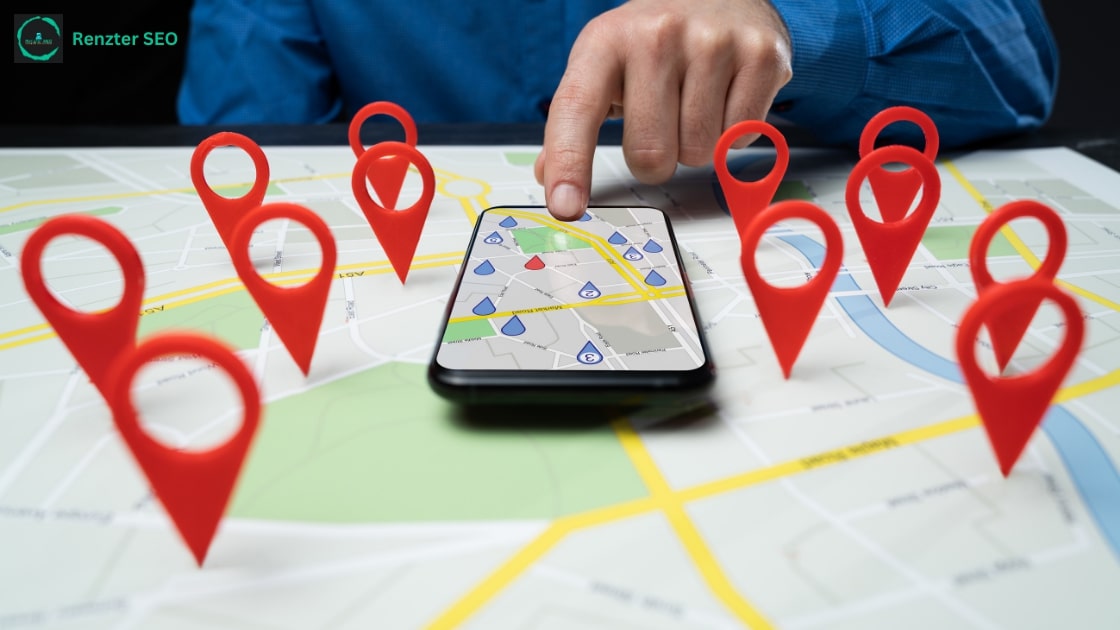What Is Local SEO?
Local SEO (Search Engine Optimization) is the process of optimizing your online presence to attract more business from relevant local searches. These searches take place on Google and other search engines and typically include keywords like “near me” or specific location names. Think of it as putting your business on the digital map for people who are nearby and ready to buy. By using a reliable local SEO service, you can ensure your business stands out in local search results, driving more foot traffic and qualified leads from your community.
Why Local SEO Matters in 2025
In a world where people search for everything online—from the best coffee shop to emergency plumbing—local SEO is no longer optional. It’s a necessity. Google’s algorithm has evolved to prioritize local relevance. That means if your business isn’t showing up in local searches, you’re invisible to your most valuable customers.
Who Needs Local SEO Services?
If you run a business with a physical location or serve a specific geographic area, you need local SEO. Dentists, restaurants, law firms, electricians, salons, and even mobile pet groomers all benefit immensely from being found locally.
Core Elements of a Successful Local SEO Strategy

Google Business Profile Optimization
Claiming and Verifying Your Listing
This is step one. Claim your Google Business Profile (formerly Google My Business), verify it, and make sure all your details are correct. This is your storefront on the search engine.
Optimizing Your Profile for Local Keywords
Use keywords naturally in your business description, services, and posts. This helps Google understand who you are and what you offer.
Local Keyword Research
Understanding User Intent
When someone searches “pizza near me,” they’re hungry now. Local keywords are usually high-intent, which means they’re more likely to convert.
Tools for Local Keyword Discovery
Use tools like Google Keyword Planner, SEMrush, or Ubersuggest to find keywords that include your city, neighborhood, or service area.
NAP Consistency Across the Web
NAP stands for Name, Address, and Phone number. This information must be consistent everywhere—on your website, Google profile, social media, and local directories.
Local Citations and Business Listings
List your business on high-authority directories like Yelp, Yellow Pages, and TripAdvisor. The more consistent citations you have, the more trustworthy your business appears.
On-Page SEO for Local Pages
Location-Specific Landing Pages
Create separate pages for each location you serve. Don’t just duplicate content—customize it with unique details.
Schema Markup for Local Businesses
Use LocalBusiness schema to give search engines structured data about your business hours, location, services, and reviews.
Content Strategy for Local SEO
Blogging with a Local Twist
Create blog posts that talk about local events, community news, or how your business helps the neighborhood. Google loves fresh, relevant content.
Customer Success Stories and Local Case Studies
Showcasing real-life local success stories builds trust and boosts your SEO at the same time.
Reviews and Reputation Management

The Power of Online Reviews
Reviews can make or break your business. A steady stream of positive reviews boosts your credibility and your rankings.
How to Encourage Positive Reviews
Ask happy customers for reviews via email or SMS. Make it easy with direct links to your Google Business page.
Responding to Negative Reviews
Don’t ignore them. Respond calmly and professionally. It shows you care and might even win back a lost customer.
Local Link Building Strategies
Partnering with Local Influencers
Find bloggers or influencers in your area who can write about your business. It’s a win-win: they get content, you get backlinks.
Guest Posts on Local News Sites and Blogs
Offer valuable content in exchange for a backlink. Focus on local relevance—it matters more than domain authority here.
Mobile Optimization and Voice Search
Why Mobile Matters More Than Ever
More than 60% of local searches come from mobile devices. If your site isn’t mobile-friendly, you’re missing out—big time.
Preparing for Voice Search Queries
People talk differently than they type. Optimize your content for conversational keywords like “best pizza place open now.”
Tracking and Measuring Local SEO Success

Key Metrics to Monitor
Look at local pack rankings, website traffic from local queries, phone calls, direction requests, and review growth.
Best Tools for Local SEO Analytics
Use Google Analytics, Google Search Console, and tools like BrightLocal or Moz Local to track your progress.
Common Local SEO Mistakes to Avoid
Ignoring Mobile Users
This is a deal-breaker. Always test your site on multiple devices and optimize speed, layout, and usability.
Keyword Stuffing Local Pages
Stuffing “best pizza in Brooklyn” 20 times into a page won’t help—it’ll hurt. Use keywords naturally and sparingly.
How to Choose the Right Local SEO Service Provider
Questions to Ask Before Hiring
- Do you have case studies or references?
- What’s your approach to local link building?
- How do you track and report results?
Red Flags to Watch Out For
- Guaranteed #1 rankings (no one can promise that)
- Black-hat tactics (like fake reviews or spammy backlinks)
- No clear communication or reporting
Conclusion
Local SEO isn’t just about getting seen—it’s about being found by the people who matter most: nearby customers ready to take action. Whether you’re a small brick-and-mortar store or a service-based business operating in a local area, investing in a solid local SEO service is a game-changer. It’s not a luxury anymore—it’s a necessity in today’s search-driven economy. Start optimizing, stay consistent, and watch your business grow right where you are.
Need help getting started? Let Renzter SEO handle your local SEO service—so you can focus on running your business while we bring the right customers to your door. Contact me today to boost your local visibility and grow your business locally.
FAQs
1. How long does it take to see results from local SEO?
It usually takes 3–6 months to see noticeable improvements, but it depends on competition and consistency.
2. Can I do local SEO myself or should I hire a professional?
You can start on your own, but for more competitive industries, a professional can speed things up and avoid costly mistakes.
3. What’s the difference between SEO and local SEO?
SEO targets broad audiences online. Local SEO focuses on improving visibility for a specific geographic area.
4. How much do local SEO services cost?
Costs vary widely, but small businesses usually spend $300–$2,000/month depending on scope and location.
5. Does social media affect local SEO?
Indirectly, yes. Active social profiles can drive traffic, build trust, and generate reviews—all of which support local SEO.

